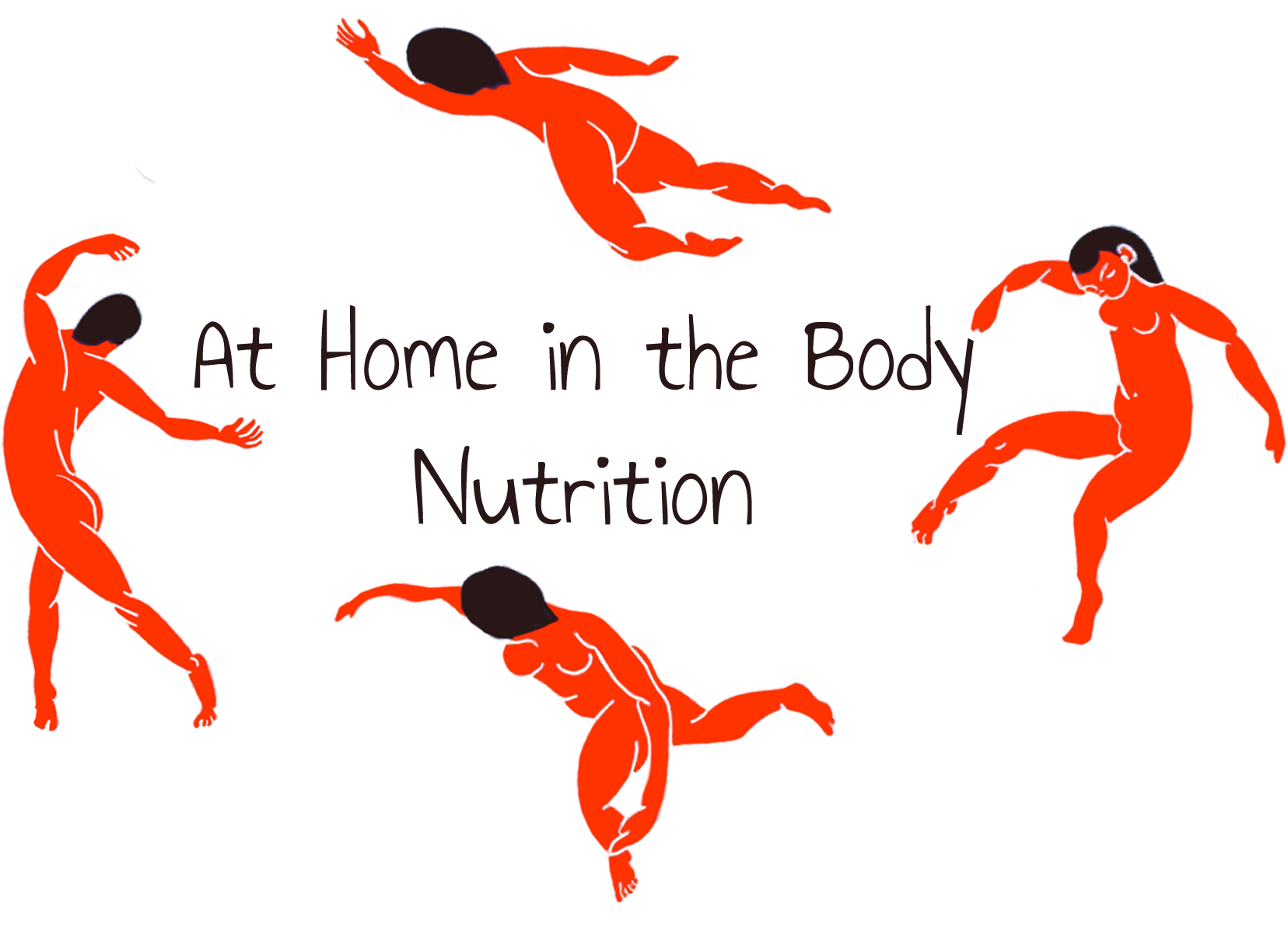Philosophy
I teach my clients to not need me
I don’t just tell you what to do–I explain the reasoning behind my recommendations. I want you to be able to take care of yourself and to one day become your own health coach and health advocate!
Don’t Create Problems Where There Are None
I’m a Functional Mental Health Practitioner who specializes in working with clients who not only have chronic illness, but also have mental health struggles. A big pet peeve of mine that I see other functional/integrative practitioners engaging in is chasing “root causes.”
In the process of assuming that there is a problem and then testing to confirm that bias, not only does this often result in thousands (sometimes tens of thousands) of dollars of experimental lab testing with a lack of reliable, established clinical significance–it also stokes a lot of anxiety and feeds into self limiting beliefs, creating a Nocebo Effect that can actually keep the client sick.
It might feel cathartic to take action and do something about a fictional root cause (eg: “Everyone needs a parasite cleanse!” “You have mycotoxins in your urine, therefore you must have mold illness!”), but chasing root causes at best is expensive urine, and could even cause harm.
When I run testing on clients, I always run a baseline level of blood testing along with Hair Tissue Mineral Analysis. I find this necessary to provide the proper context to the meaning of any specialty labs that the client and I choose to run (stool testing, OAT, mycotoxin panel, etc.). Just because we detect toxins in the urine or a pathogen in the stool, this doesn’t precisely tell us HOW the presence of these potential insults is affecting the physiology and whether the body is coping or struggling. This is why reading these lab tests alongside a foundational blood panel provides the context needed to make evidence-based observations and recommendations, without stoking health anxiety and hyper-vigilance.
Why I’m Passionate About Minerals
I’ve seen this all too often: prospective clients book a discovery call with me. We discuss their health history, including what they’ve tried doing to improve their health before coming to me. Oftentimes these prospective clients have worked with big-name functional medicine doctors with large social media followings. And they haven’t gotten the results they want, or those results are fleeting.
What is the number one reason I see for why fancy protocols and supplements fail?
The client did not address big-rock, non-negotiable imbalances in their health picture.
I call these the Foundations:
- Sleep
- Daily movement
- Social connection
- Emotional wellbeing
- Digestion
- Nourishing food
- Hydration
- Blood Sugar Regulation
- Mineral Balance
Regardless of how “complex” a client’s health situation might be, how mysterious their symptoms might appear, or however many medical diagnoses they’ve received by Western medicine, my approach is always consistent: these complex imbalances are always the consequence of imbalances in the Foundations. In all my clients, I always address the Foundations of health.
How exactly do I address the Foundations? Through objective lab testing as a way of assessing the body’s physiology. What markers are out of range or suboptimal? How do these imbalances in the lab testing correspond to the client’s symptoms? How do we restore function and optimal physiology?
I am an HTMA practitioner because while it’s possible to DIY and get improvements on your own with regard to many of the above Foundations of Health, in my experience, mineral deficiencies and imbalances require a skilled practitioner to correct. I’ve seen the biggest, most durable transformations in my own health and the health of my clients when balancing the entire Mineral System through using Hair Tissue Mineral Analysis.
Food-First Approach
The food that we eat is the single biggest factor in our environment that is within our power to change. It has a profound impact on our health and longevity. Foods have the ability to support our body’s healing response, to give the building blocks needed for making our hormones and our cellular membranes, to encourage the flow of bile and other digestive juices, and so much more. The quality of the foods that we eat determines the quality of the cells in our body. For example, eating dietary fats that are oxidized and denatured will lead to cellular membranes that are built from these denatured fats.
Science has shown that eating nutrients from food is superior to getting those nutrients from supplements. In fact, a 2019 study in the Annals of Internal Medicine Journal showed no health benefit from consuming nutrients in supplements, and in some instances (for example, with calcium supplements), the study showed that taking supplements increased health risks.
Nutrients occur in food in the way that nature intended. Nutrients never work in isolation in the body, and they never occur in isolation in food. Seaweed doesn’t just contain iodine, it also contains selenium and other trace minerals. Full-fat milk doesn’t just contain one fat-soluble vitamin, it contains all of them together. I believe that foods are infinitely more complex than how scientists currently measure them, and that we will continue to discover different nutrients and relationships between nutrients for decades to come.
Do I ever recommend that my clients take supplements? Absolutely! We live in a toxic world with depleted soils. Supplements are a great way to optimize health in less than ideal circumstances. However, I always consider whether it is possible to consume those nutrients in foods first, before reaching for supplementation.
Weight-Neutral Practitioner
I am a weight-neutral health practitioner. I do not help clients with the specific goal of losing weight.
Do my clients end up losing weight as a byproduct of our work together? Oftentimes yes. But it is not the focus of our work together.
All of my clients come to me with some level of vitamin and mineral deficiencies or insufficiencies. In order to correct nutrient deficiencies, my clients need to eat, so at least in the short term initial phase of working together, the focus is often on eating MORE food, not eating less.
Accessibility
Racial and gender discrimination is, sadly, all too common in health settings. I believe in absolute bodily autonomy and sovereignty. I believe that each person is the expert of what is happening in their own body. I promise to honor and validate what you share with me.
As someone who lives with chronic illness, I understand how important it is to create safe spaces for all types of bodies. If you have a disability, I promise to work with you to make this space welcoming and accessible. I’m not perfect, but I am always open to growth.
Book a Discovery Call
Are you interested in working with me and are wondering whether this is a good fit?
I’d love to jump on a call with you and hear more about your story, provide some insight, and to share how our work together would help your specific concerns.
“Before I started working with Becca, I had struggled with chronic constipation for decades. I would often poop only once a week. None of the recommendations my doctors made over the years helped.
Within several weeks of working with Becca, I now poop almost every day.”
– S.B.

Have a question?
Reach out!
Frequently Asked Questions
What do I bring to my appointment?
For our initial 30-minute discovery call together, I will have you fill out an application to work with me beforehand. Please bring any questions you might have about what our work together will look like.
For your 90-minute on-boarding meeting, I will send out the paperwork beforehand. This paperwork does take some time to complete; however, it provides us with objective tools for evaluating how to best support you.
Can I work with you if I have a medical condition?
Absolutely! While Nutritional Therapy is not a substitute for seeking medical attention from a doctor, there is so much preventative and foundational work that we can do together to support your overall health.
If you are struggling with a diagnosis and have not been able to find a doctor who makes you feel safe, validated, and heard, I know exactly how you feel because I’ve been there. I promise that there are doctors out there who are in alignment with your values—even ones who operate under a similar philosophy to the holistic approach that I take as an NTP.
Do you help clients lose weight?
I am a weight-neutral health practitioner. I do not help clients with the specific goal of losing weight. There is a long history of racism and sexism in the diet industry, preying on people’s insecurities, to which I say: eff that!
I support how bodies function and what they are able to do, NOT what they aesthetically look like.
While body composition and excess body fat does increase inflammation (adipose tissue produces inflammatory cytokine IL-6), I find that clients who focus on weight loss can sabotage their larger health goals by failing to adequately nourish their bodies.
Will I ever be able to reintroduce my food sensitivities?
Food sensitivities are a symptom, and not an underlying cause of dysfunction in the body. (The one exception to this is gluten in individuals who have celiac disorder or gluten sensitivity).
In our work together, we address the underlying causes of food sensitivities: optimizing digestion, removing stressors on the body that might be angering the immune system, and supporting the body’s ability to get into a parasympathetic (“rest and digest”) state. When the foundations are addressed, clients have much more flexibility in the foods they are able to eat.
